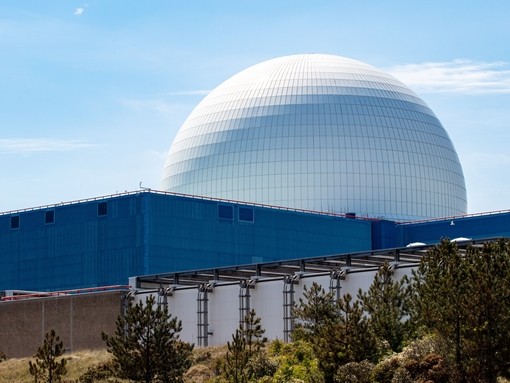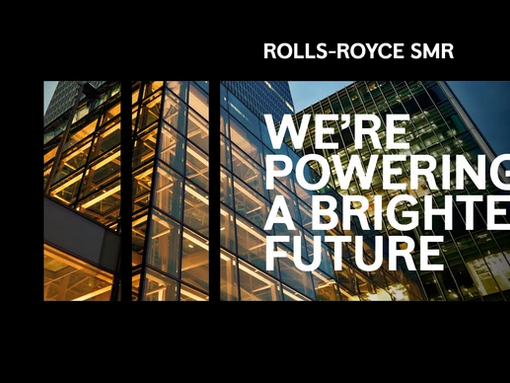
Security clearance should be no barrier to nuclear career opportunities
As energy demands continue growing year-on-year, the UK Government is taking steps to increase UK electricity provision and build a secure, affordable and low carbon energy future.Upgrading and renewing our nuclear infrastructure will play an important role in delivering that strategy and keeping our lights on.
Adrian Adair, our Ops Director, discusses security clearance and its misconceptions.
Since the UK Government confirmed that eight locations are suitable for the development of new nuclear power stations by 2025, five sites have been acquired by new build developers. The first new generation nuclear plant is expected to be online by 2025 and the Government aims to have 16 GWe of new nuclear capacity operating by 2030.
The question is, with all this activity in the nuclear sector, do we have the engineering and project management skills needed to deliver the proposed scheme within the anticipated timeline?
One of the major challenges the nuclear sector faces is the number of professionals that discount themselves from roles in the nuclear sector because they assume there will be too many security clearance hoops to jump through.
While anyone working in the UK nuclear industry does have to pass a level of vetting in order to work on a secure nuclear development site, the requirements are less onerous than candidates might think. Moreover, a recruitment specialist with experience of resourcing roles in the nuclear sector can support candidates with relevant skills and experience through the security vetting process and advice on the relevant level of clearance.
There are three levels of security clearance for working on a nuclear development site. The Baseline Personnel Security Standard (BPSS) is a series of checks normally carried out during the recruitment process and this is the same for the nuclear sector as it is for anyone with access to Government assets through their role as an employee or a contractor. It includes identity, employment history, immigration and criminal record checks.
For most roles that involve design or construction responsibility for nuclear assets, a Security Check (SC) and Counter-Terrorism Check (CTC) is required, as this enables regular access to ‘Secret’ and occasional or supervised access to ‘Top Secret’ assets. This level of clearance can only be gained by candidates that have already successfully achieved BPSS and includes additional employment and criminal record checks, along with financial checks, MI5 record checks, a security questionnaire and, potentially, an interview.
The highest level of clearance for nuclear sector contractors and professionals is Developed Vetting (DV). This is only needed for posts that entail frequent or unsupervised access to Top Secret assets or Top Secret code word materials. This vetting process follows successful completion of BPSS and SC checks and involves more in-depth employment, financial, criminal and MI5 checks. It also includes a detailed interview by a trained investigating officer and interviews of referees.
While the security clearance processes are thorough, they are achievable. What’s more, once a candidate has passed the relevant vetting procedures, an SC clearance is valid for up to 10 years and a DV clearance is reviewed at seven-year intervals, offering the potential for plenty of career development before the process needs to be repeated.
The nuclear sector is amongst the most advanced, dynamic and diverse in the UK today. Security clearance is simply a stepping stone to a broad landscape of career opportunities and it should never deter candidates from the exciting roles on offer.
After reading about security clearance and nuclear, why not check out our latest roles, here.
















